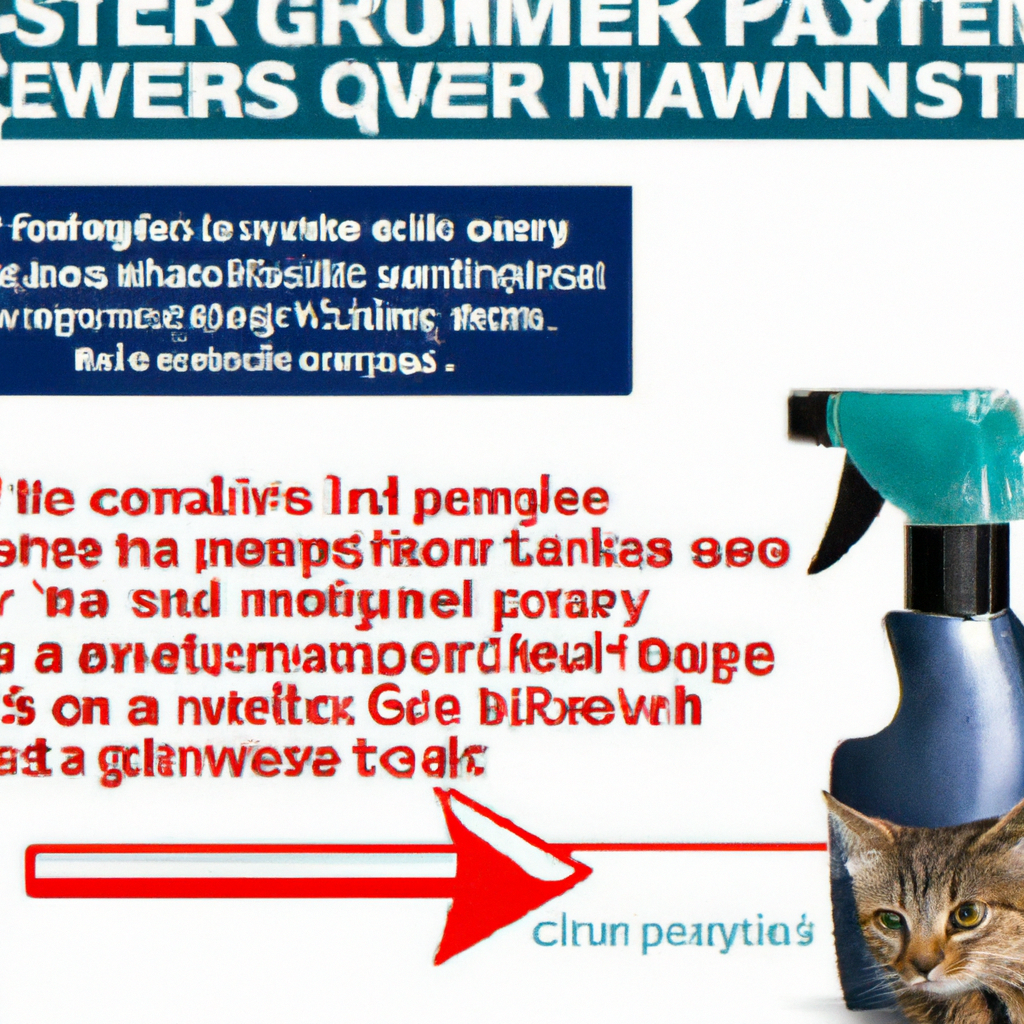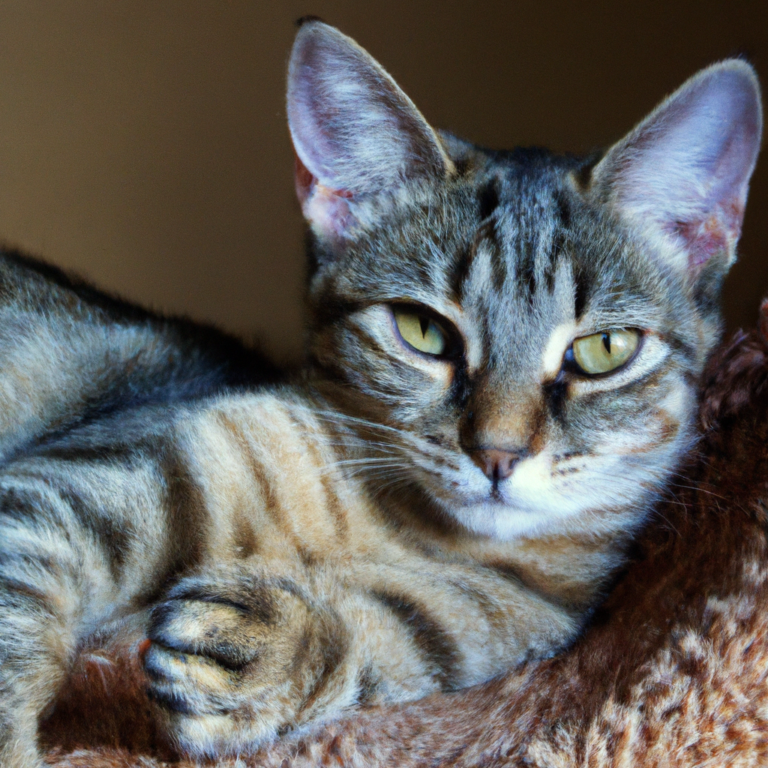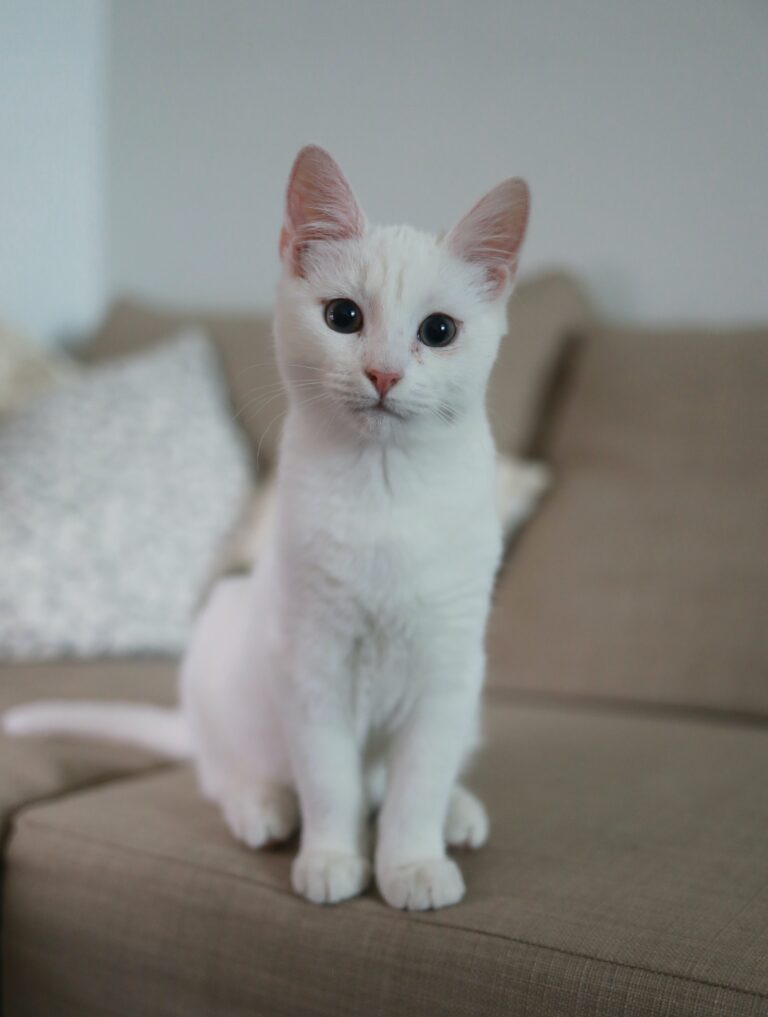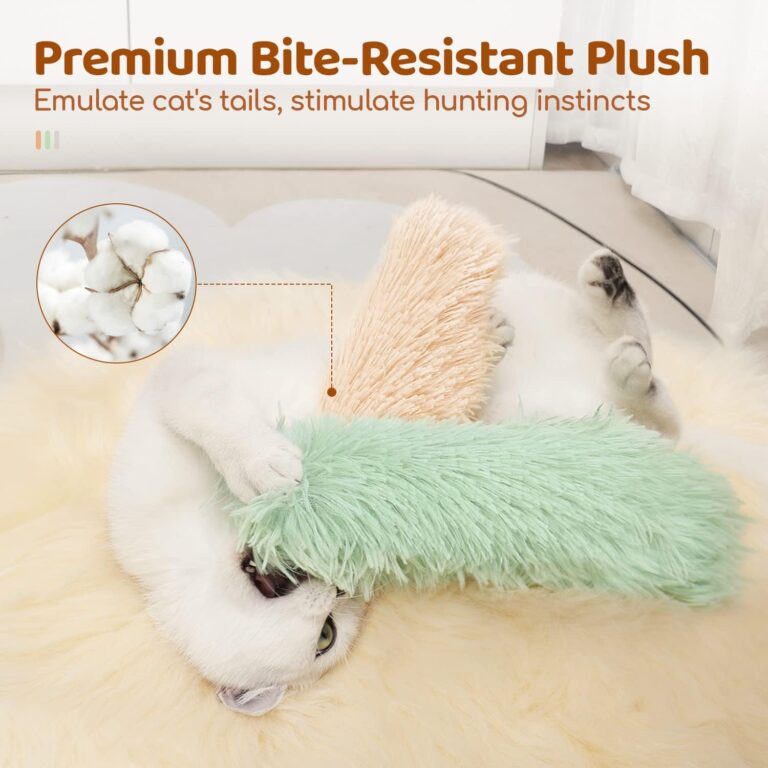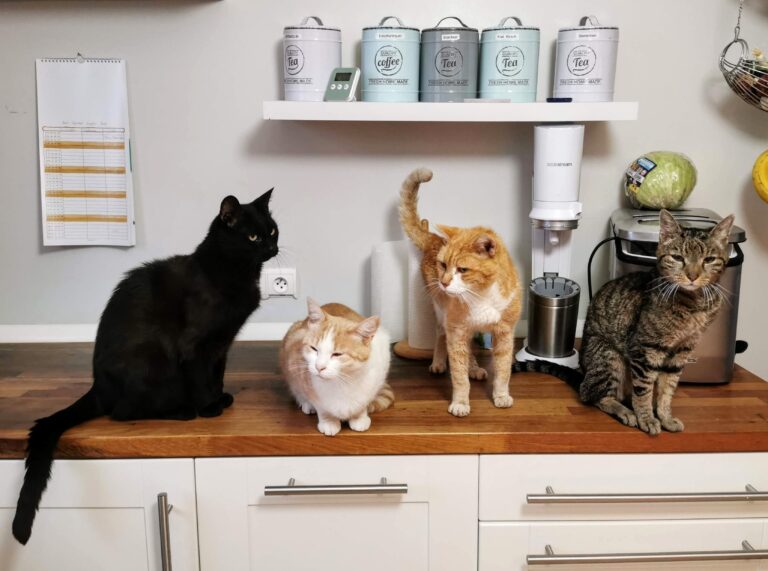Do Male Or Female Cats Spray
Curious about whether male or female cats are prone to spraying? Dealing with a cat that sprays in the house can be a frustrating and costly issue. Not only does it create an unpleasant odor, but it can also damage your furniture and floors. In this article, we will explore the topic of cat spraying and shed light on whether it is more commonly seen in male or female cats. Whether you’re a new cat owner or simply seeking to understand this behavior better, read on to find out more.

Reasons for Spraying
Marking Territory
Spraying is a natural behavior for cats, and one of the main reasons they do it is to mark their territory. By spraying urine, cats leave behind a unique scent that signals to other cats that the area is theirs. This helps them establish boundaries and communicate with other felines in the vicinity.
Stress or Anxiety
Another reason cats may spray is due to stress or anxiety. Changes in their environment, such as the introduction of new pets or the arrival of a new family member, can trigger feelings of insecurity in cats. To cope with these emotions, they may resort to spraying as a way of marking their territory and establishing a sense of control.
Sexual Behavior
Sexual behavior is a common cause of spraying, especially in unneutered cats. Unaltered males and females may spray to attract potential mates or signal their availability to other cats. This behavior is more prevalent in unspayed females during their heat cycles when they emit strong scents to attract males for mating.
Medical Issues
In some cases, medical issues can also contribute to spraying behavior in cats. Urinary tract infections, bladder stones, and other urinary problems can cause discomfort or pain, leading to inappropriate urination, which includes spraying. It’s crucial to rule out any underlying medical conditions before addressing spraying behavior.
Differences in Behavior
Male Cat Behavior
Male cats have different spraying behaviors compared to their female counterparts. They tend to spray more frequently and with greater volume. This behavior is instinctual, rooted in their need to mark territory and compete with other males for resources.
Female Cat Behavior
Although not as common as in male cats, female cats can also spray. However, their spraying behavior is generally less frequent and less intense. Female spraying is commonly influenced by hormonal changes, resulting from their heat cycles or changes in reproductive health.
Male Cat Spraying
Territorial Marking
One primary reason male cats spray is to mark their territory. By spraying, they leave behind a strong scent that signals to other cats that the area belongs to them. This behavior is especially prevalent in unneutered males, as they are more competitive and driven to establish dominance.
Mating Behavior
Unneutered male cats are known to spray when they are seeking mates. The strong scent they emit during spraying serves as a way to attract female cats and communicate their reproductive availability. This behavior is more common during the spring when female cats are in heat.
Competition with Other Males
Male cats may also spray to fend off other males and establish dominance. By marking their territory with urine, they send a message to potential rivals that this space is already claimed. This behavior is particularly common in outdoor cats who have a larger territory to defend.
Female Cat Spraying
Territorial Marking
Female cats, although less likely to spray than males, may still engage in territorial marking behavior. This behavior is typically associated with changes in their environment or the presence of other cats. By spraying, females leave behind a scent that acts as a boundary marker and a signal to other cats.
Hormonal Changes
Hormonal changes, often linked to the heat cycle, can trigger spraying behavior in female cats. When female cats are in heat, they release strong pheromones in their urine to attract males. This behavior is more prevalent in unspayed females but can occur in spayed cats as well.
Stress or Anxiety
Stress and anxiety can also lead to spraying behavior in female cats. Changes in the household, such as moving to a new home or the addition of a new pet, can cause insecurity and trigger spraying. Providing a stable and stress-free environment can help reduce spraying in female cats.

Spaying and Neutering
Impact on Spraying
Spaying (for females) and neutering (for males) are highly effective methods for reducing spraying behavior in cats. By removing the reproductive organs, the hormonal drive to mark territory and engage in mating behavior is significantly diminished. In many cases, spaying or neutering can completely eliminate spraying habits.
Recommended Age
Experts recommend spaying or neutering cats at around six months of age. This age ensures that the cat has reached sexual maturity, but before behavioral habits like spraying become established. Early spaying and neutering are also beneficial for preventing unwanted litters and reducing the risks of certain health issues in cats.
Procedure and Benefits
Spaying and neutering are routine surgical procedures conducted by veterinarians. The surgery involves removing the reproductive organs under general anesthesia. Besides reducing spraying behavior, spaying and neutering provide numerous health benefits, including a reduced risk of certain cancers and infections. It also contributes to population control efforts, preventing the influx of stray and feral cats.
Preventing Spraying
Provide Adequate Litter Boxes
A key aspect of preventing spraying behavior is ensuring that cats have access to clean and properly placed litter boxes. Provide one litter box per cat plus an additional one, spaced out in different locations throughout the house. Regularly scoop the litter boxes and change the litter to maintain cleanliness, as cats are more likely to spray when their litter boxes are dirty.
Keep Environment Clean
Maintaining a clean environment is vital in preventing spraying behavior in cats. Regularly clean any areas where a cat has sprayed with an enzymatic cleaner designed to eliminate urine odors. Removing any lingering scent will discourage cats from respraying the same areas. Additionally, clean and deodorize the litter boxes regularly to avoid any unpleasant odors that may trigger spraying.
Reduce Stress and Anxiety
Creating a calm and secure environment is crucial in preventing spraying. Minimize or eliminate stressors that may contribute to anxiety in cats, such as loud noises or conflicts with other pets. Provide hiding spots and vertical spaces for cats to feel safe and escape potential stressors. Consistency in routines and positive interactions with your cat can also help reduce their anxiety levels.
Use Pheromone Products
Pheromone products can be beneficial in reducing spraying behavior. Synthetic pheromones mimic natural feline scents and can help create a calming effect for cats. Plug-in diffusers or sprays containing pheromones can be used in areas where a cat frequently sprays or in the general living space to promote a sense of security and well-being.

Dealing with Spraying
Consult a Veterinarian
If your cat continues to spray despite implementing preventive measures, it’s important to consult with a veterinarian. They can rule out any underlying medical conditions that may be contributing to the behavior. Your vet can also recommend appropriate treatment options or refer you to a certified feline behavior consultant for further assistance.
Behavioral Modification Techniques
Working with a certified feline behavior consultant can provide valuable insights and guidance in addressing spraying behavior. They can recommend specific behavioral modification techniques tailored to your cat’s individual needs. These techniques may involve positive reinforcement, environmental enrichment, and redirecting your cat’s attention to more acceptable behaviors.
Medication Options
In some cases, medication may be necessary to manage spraying behavior. Medications such as anti-anxiety drugs or selective serotonin reuptake inhibitors (SSRIs) may be prescribed to reduce stress and anxiety in cats. It’s essential to work closely with your veterinarian and follow their advice when using medication to address spraying.
Cleaning Up Spray
Urine Stain Removal
When cleaning up urine stains from spraying, it’s important to act promptly. Blot the area with a clean cloth or paper towel to absorb as much urine as possible. Then, treat the stain with an enzymatic cleaner specifically designed for removing urine stains. Follow the instructions provided by the manufacturer to effectively eliminate the stain.
Odor Elimination
Getting rid of the urine odor is crucial to prevent cats from respraying the same area. Enzymatic cleaners are also effective in eliminating urine odors. Avoid using ammonia-based cleaners, as they can actually amplify the scent, encouraging cats to spray again. Ventilate the area and consider using air purifiers or odor-absorbing products to further neutralize any remaining odors.
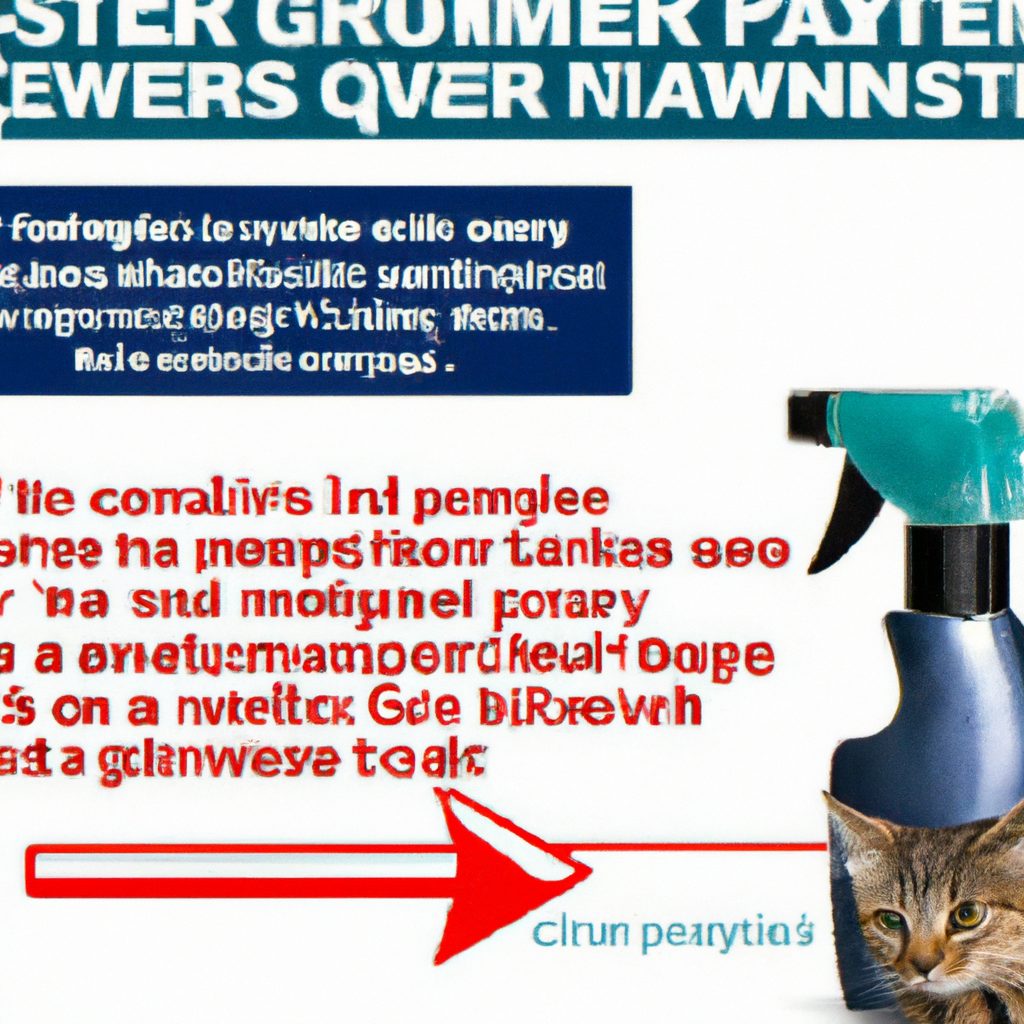
Seeking Professional Help
When Home Remedies Fail
If your attempts to prevent or address spraying behavior using home remedies have been unsuccessful, it may be time to seek professional help. Spraying can be a complex issue with underlying behavioral or medical causes. Consulting a certified feline behavior consultant can provide expert guidance and a tailored approach to resolving the problem.
Working with a Certified Feline Behavior Consultant
Certified feline behavior consultants specialize in understanding and addressing feline behavior issues. They can conduct thorough assessments of your cat’s environment, behavior, and health to identify the root causes of spraying. Through personalized behavior modification plans and ongoing support, they can help you effectively manage and potentially eliminate spraying behavior.
Conclusion
Spraying is a natural behavior in cats, but it can become problematic when it occurs indoors. Understanding the reasons behind spraying, the differences in behavior between male and female cats, and implementing preventive measures can greatly reduce or eliminate spraying behavior. Spaying and neutering are highly effective in curbing spraying habits, and consulting with professionals can provide valuable guidance in addressing spraying issues. With patience, consistency, and appropriate interventions, you can create a harmonious and spray-free environment for you and your feline companion.

